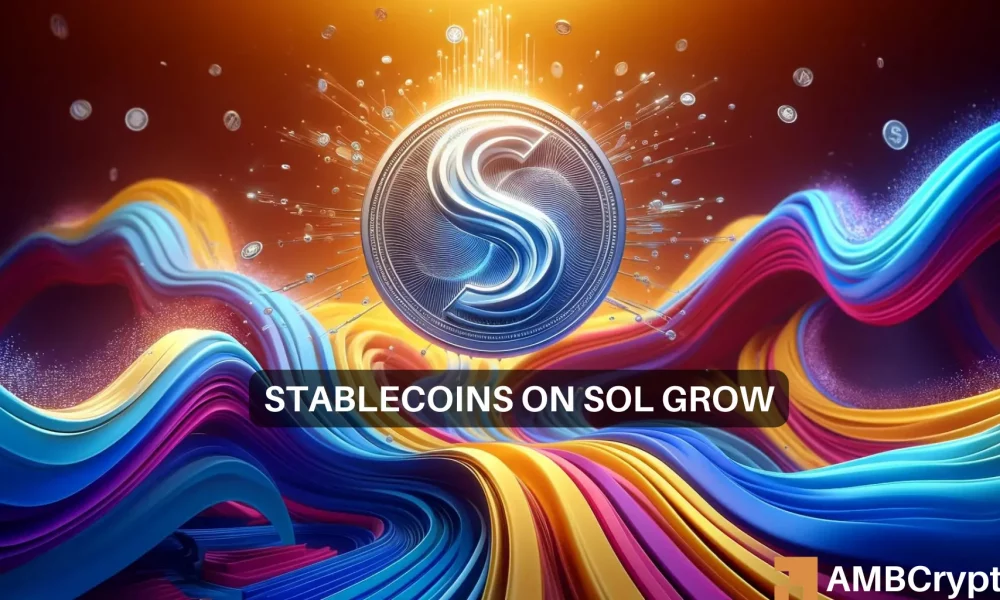
The Ministry of Finance in Palau officially launched the second phase of the Palau Stablecoin (PSC) Program. Jay Hunter Anson, a cybersecurity consultant in Palau, confirmed the initiation of the country’s CBDC pilot program in a post.
Anson expressed that Palau aims to extend its partnership with Ripple in this next stage, allowing the PSC team to leverage Ripple’s CBDC platform and technical expertise.
PSC is a digital currency pegged to the U.S. dollar at 1:1. The USD-supporting PSC is stored in a commercial bank with FDIC insurance. The Palau government issues the PSC on the XRP Ledger (XRPL).
Additionally, Anson highlighted that the focus of the second phase of the PSC pilot program is to establish new collaborations for marketing and sustainable development goals. Phase 2 of the PSC program will prioritize the development of a digital ecosystem and increased user engagement, emphasizing adherence to regulatory compliance.
Yesterday the Republic of Palau Ministry of Finance officially launched Phase 2 of the Palau #Stablecoin (PSC) program, based on a 1:1 tokenized U.S. Dollar.
The Republic of Palau Ministry of #Finance seeks to expand accessibility and user participation, reaching a wider… pic.twitter.com/FUt7mM8CLr— Jay Hunter Anson (@JHX_1138) December 15, 2023
Anthony Welfare, Ripple’s CBDC Strategic Advisor, shared his thoughts on the PSC pilot program’s Phase 2 launch on the X platform (formerly known as Twitter).
Welfare emphasized the advantages of blockchain-based digital currency, citing benefits such as reduced transaction fees and the potential to address the environmental impact of money circulation.
The Ripple CBDC adviser also pointed out specific challenges, such as the complexity of moving traditional currencies across the 340 islands in Palau. Moreover, he noted that mobile data costs are high in the country.
Related: Ripple issues white paper on CBDCs, reiterates belief in their potential
Welfare mentioned that Palau residents can conduct offline transactions using a blockchain-based digital currency such as PSC, even during power outages.
This update follows Palau’s Ministry of Finance announcing the success of the initial phase of the PSC program just a few days ago. The first phase, spanning three months, involved the Ministry of Finance enlisting 168 volunteers from government employees.
The chosen volunteers received 100 PSCs each to use at local retailers participating in the program. Participants made payments through their mobile phones by scanning a QR code. The participating retailers and volunteers provided positive feedback about their experience with the digital currency.
Magazine: Lawmakers’ fear and doubt drives proposed crypto regulations in US
Read More: cointelegraph.com









 Bitcoin
Bitcoin  Ethereum
Ethereum  Tether
Tether  Solana
Solana  USDC
USDC  Lido Staked Ether
Lido Staked Ether  XRP
XRP  Dogecoin
Dogecoin  Toncoin
Toncoin  Cardano
Cardano  Shiba Inu
Shiba Inu  Avalanche
Avalanche  TRON
TRON  Wrapped Bitcoin
Wrapped Bitcoin  Bitcoin Cash
Bitcoin Cash  Polkadot
Polkadot  Chainlink
Chainlink  NEAR Protocol
NEAR Protocol  Polygon
Polygon  Litecoin
Litecoin  Internet Computer
Internet Computer  Uniswap
Uniswap  LEO Token
LEO Token  Dai
Dai  First Digital USD
First Digital USD  Ethereum Classic
Ethereum Classic  Aptos
Aptos  Hedera
Hedera  Stacks
Stacks  Mantle
Mantle  Cronos
Cronos  Stellar
Stellar  Cosmos Hub
Cosmos Hub  Filecoin
Filecoin  Renzo Restaked ETH
Renzo Restaked ETH  OKB
OKB  Render
Render  Immutable
Immutable  XT.com
XT.com  Pepe
Pepe  Arbitrum
Arbitrum  Bittensor
Bittensor  Maker
Maker  dogwifhat
dogwifhat  Optimism
Optimism  Wrapped eETH
Wrapped eETH  The Graph
The Graph